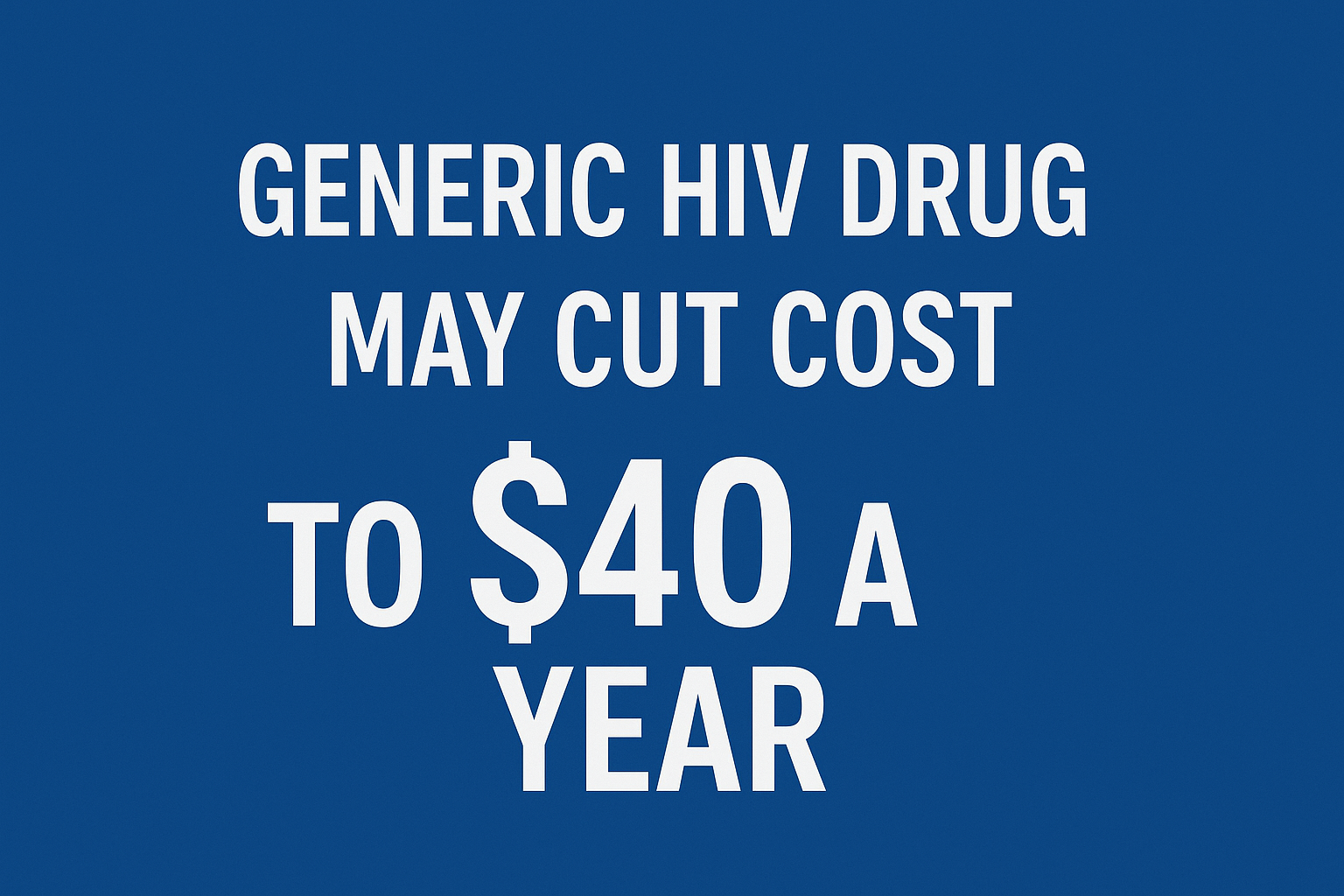
The global fight against HIV may soon witness a turning point. Millions of people at risk of contracting the virus in low and middle-income countries are likely to gain access to a new prevention option at an affordable price. A generic version of lenacapavir, the world’s first twice-yearly injectable pre-exposure prophylaxis (PrEP), could be made available at roughly $40 per patient annually. This development has the potential to change the course of HIV prevention by making advanced treatment accessible and affordable for vulnerable populations.
The announcement comes through a partnership between the Gates Foundation and Indian manufacturer Hetero Labs. Backed by upfront funding and volume guarantees, this initiative will allow Hetero to produce generic lenacapavir at a price that is dramatically lower than the current market cost. For comparison, the branded version made by Gilead Sciences costs about $28,000 per patient annually in the United States. Such a stark difference in pricing reflects the broader issue of drug affordability and underscores the importance of generics in global health.
Vamsi Krishna, managing director of Hetero Group of Companies, highlighted the significance of this collaboration. He stated that it reflects a commitment to ensure access to innovative HIV medicines for patients not only in India but across other low and middle-income countries. Access to lenacapavir in its generic form is expected to provide a practical tool for governments and health systems already stretched by the cost of treatment and prevention programs.
Alongside Hetero Labs, other pharmaceutical players are also entering the space. Unitaid, the Clinton Health Access Initiative (CHAI), and Wits RHI have announced fresh commitments with Dr. Reddy’s Laboratories, another Indian manufacturer. These partnerships aim to strengthen the ecosystem for HIV generics, thereby building a competitive environment that drives down costs further and ensures reliable supply.
Lenacapavir’s promise lies in its long-acting formulation. Approved for PrEP use by the US Food and Drug Administration in June and by the European Commission in August, it provides up to six months of protection with a single injection. This represents a major advancement compared to daily oral PrEP, which requires strict adherence and faces issues of stigma, forgetfulness, and inconsistent access. Public health experts believe that reducing the frequency of doses could significantly increase uptake among people who are currently underserved by existing prevention methods.
According to estimates, 1.3 million people worldwide are expected to acquire HIV in 2024. Yet, only about 16 percent of those who could benefit from PrEP presently have access to it. The availability of a low-cost, long-acting injectable could bridge this gap by offering a prevention option that is easier to manage and more discreet. It also addresses structural barriers such as frequent clinic visits and the burden of daily medication, which discourage consistent use.
The accelerated development of generic lenacapavir is expected as early as 2027, pending regulatory approval. This timeline could shorten the interval between initial doses and widespread access, providing hope for millions who remain at risk. Experts argue that the initiative could transform HIV prevention, bringing the world closer to the goal of ending the epidemic faster and more equitably.
For countries grappling with high HIV prevalence, especially in sub-Saharan Africa and parts of Asia, the implications are profound. National health programs that often struggle to balance budgets will be able to incorporate a highly effective drug at a fraction of the original cost. Wider access could translate into fewer new infections, reduced long-term treatment costs, and improved quality of life for communities most affected by HIV.
The success of this effort will depend on coordinated global action, including timely regulatory approvals, sustained funding, and effective distribution networks. If executed well, the introduction of generic lenacapavir at $40 a year could emerge as one of the most impactful breakthroughs in public health, extending protection to millions who have so far been left behind.





















